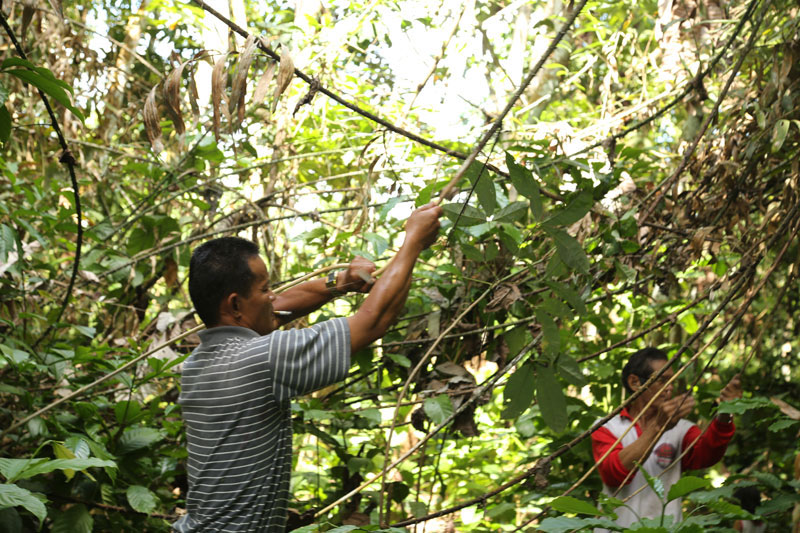
About PGS
Participatory Guarantee System (PGS)
PGS is an appropriate quality assurance system initially for local stakeholders wishing to emphasize participation (between farmers, NGOs, local government, consumer, and other parties) and operating beyond the third-party certification framework. This system aims to give consumers confidence products from farmers and local producers fulfill standards. This system is often simpler and cheaper for farmers and local producers.
ROLESROLES stems from the Bahasa Indonesia words “Rotan Lestari” which mean “Sustainable Rotan” PGS ROLES is an Indonesian participatory certification system for sustainable rattan products which is implemented through a collaboration of institutions and customized to the local context. ROLEs is intended for rattan commodities that are marketed at local, regional, national, and international levels. The scope includes raw materials, semi-finished, and finished products. The PGS system is intended for producers (farmers and gatherers) and artisans, as well as industry stakeholders such as private companies.
ROLES consists of various important working elements such as the ROLES national council, secretariat, ROLES Provincial and District level units, rattan farmer groups, and rattan processors and artisans.
ROLES National CouncilThe highest organ in ROLES is the national council. This is a multi-stakeholder body consisting of committed people in realizing the vision and mission of ROLES. Members in the national council are from the government and research sector as well from civil society as well as from rattan associations. They are the ones responsible for the development of the overall scheme including standards and guidelines for sustainable rattan.
ROLES SecretariatThe ROLES Secretariat assists the council by preparing necessary information, safe-keeping documents and assisting the national council in its networking and education efforts. They are assisting to oversee operations and coordination with the various ROLES units across the countries. They also assist the national council in coordinating with other stakeholders.
ROLES UnitROLES Unit The ROLES Unit is the implementing institution at the local level. This can be at the provincial level or the district level whatever seems to be the most practical and feasible for the situation and conditions. The main task of the ROLES Unit is to verify and monitor that the production process carried out by farmers and processors is according to sustainable rattan standards. The ROLES Unit is also composed of stakeholders from various sectors. They conduct orientations and trainings, and they compile the documentation for an audit process. They also have a roster of farmer peer inspectors that rotate in the conduct of peer inspections with other farmer groups
Rattan farmer groupsThe rattan farmer groups are responsible for the sustainable harvest, management and production of the rattan farms or rattan forests in the area. They will be the target of the audit. There is a clear list of farmers who agree to work collaboratively in ensuring the sustainability of the rattan that they harvest. They are also responsible for documenting rattan activities so that the origin and details of harvest can be traced.
Rattan processorsGroups or small industries that do the processing from rattan into semi-finished and finished products.



